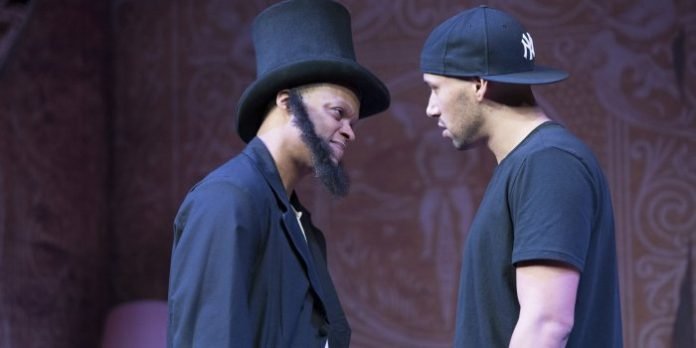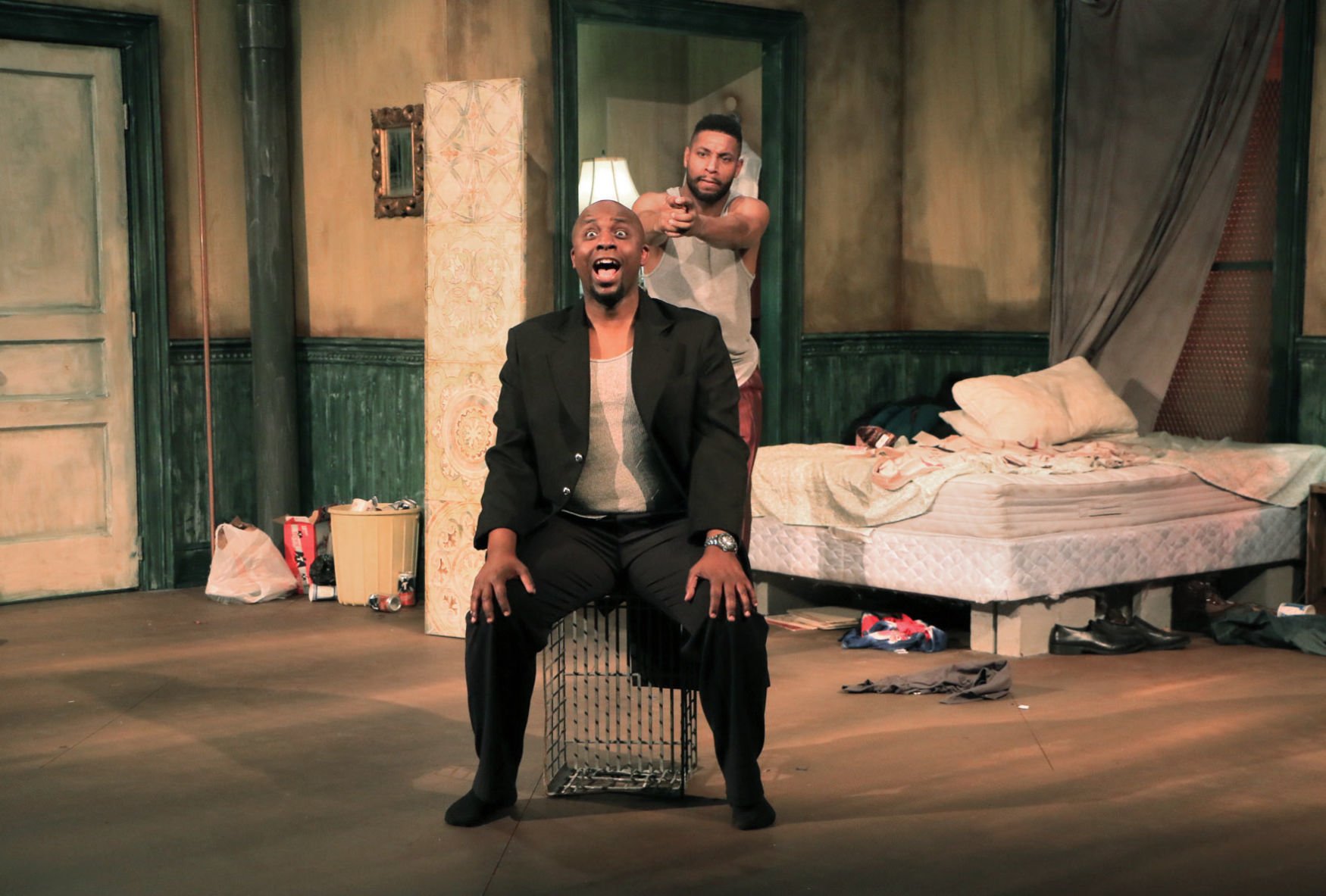



In an interview this month before one of their performances, Hawkins and Abdul-Mateen described their first encounters with “Topdog/Underdog,” why they think their characters struggles with masculinity still resonate, and how they care for each other as actors and friends in this industry. I’ve always considered Booth and Lincoln shaped by the language, swagger and blunted ambition of our earlier hip-hop generation, a sentiment that the show’s sound designer, Justin Ellington, underscores with songs by Pete Rock & CL Smooth, Lupe Fiasco, Kendrick Lamar and Nipsey Hussle.Īs a result, I wondered how Lincoln and Booth would appear as millennials and in a moment of greater gender fluidity and more nuanced masculinity than the one in which Parks originally conceived them. Kenny Leon’s new production of “Topdog/Underdog” was a bit of a risk at a time when young Black playwrights are getting more opportunities on Broadway, and pioneers like Alice Childress and Adrienne Kennedy are finally getting their due.

That year, Parks became the first African American woman to receive the Pulitzer Prize for Drama for the play, and in 2018, The Times named it the best American play of the previous 25 years. Wolfe and starring Jeffrey Wright and Yasiin Bey (the rapper formerly known as Mos Def), “Topdog/Underdog” first appeared on Broadway 20 years ago. We realize, too late, that his character has also been changing, and though his metamorphosis might be slower, it is even more jarring. Abdul-Mateen, who won an Emmy for “Watchmen,” intoxicates with his exuberant Booth, both flashy and naïve. For those familiar with his more debonair roles in movies like “In the Heights” or “The Tragedy of Macbeth,” Hawkins, a Tony nominee for “Six Degrees of Separation,” has so thoroughly transformed himself into a man downtrodden by bad choices and racism that he is virtually unrecognizable.


 0 kommentar(er)
0 kommentar(er)
